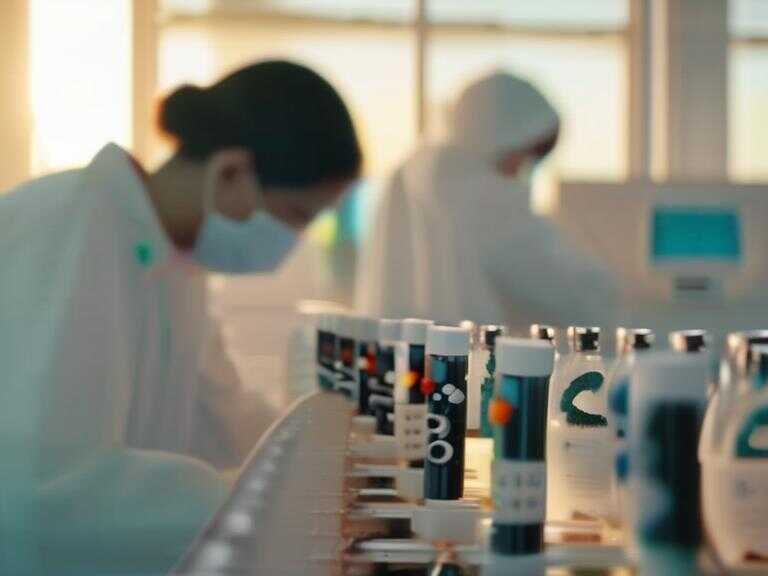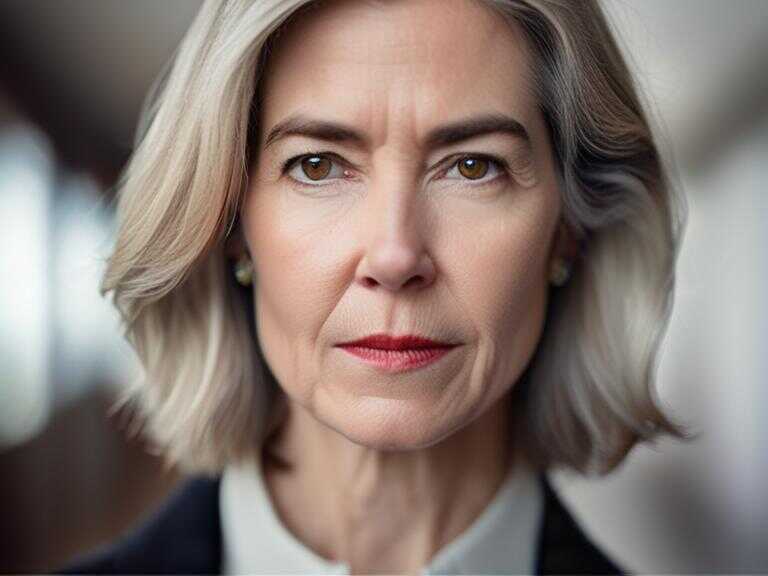
Korean Labs Join Global Network to Standardize Vaccine Testing
Two Korean organizations join a global network to standardize vaccine testing, accelerating future outbreak response.

The fight against infectious diseases requires a coordinated global effort, and international cooperation plays a crucial role in developing effective solutions. Recognizing this need, the Republic of Korea has taken significant steps to contribute to global health security through its active involvement in vaccine development and preparedness. Two key institutions leading this charge are the International Vaccine Institute (IVI) and the Korea Disease Control and Prevention Agency (KDCA).
Towards Global Health Security: Korea's Commitment to Vaccine Development
The Korea Disease Control and Prevention Agency (KDCA), as the national public health authority, plays a pivotal role in protecting the nation from infectious diseases and reducing the overall disease burden. With its affiliated Korea National Institute of Health (KNIH), KDCA actively supports vaccine development through immunological research and fosters global partnerships for epidemic and pandemic preparedness. This commitment to collaborative efforts is exemplified by KDCA's close working relationships with international organizations like the World Health Organization (WHO), CEPI, and IVI, all dedicated to promoting equitable access to vaccines and strengthening global health security.
The International Vaccine Institute (IVI), an independent international organization established in 1997, shares this vision of global health equity. Its mission is to discover, develop, and deliver safe, effective, and affordable vaccines, empowering vaccine equity, impact, and sustainability worldwide. IVI's portfolio encompasses vaccines at various stages of pre-clinical and clinical development, targeting infectious diseases that disproportionately affect low- and middle-income countries. The Institute has achieved notable success with the development of the world's first low-cost oral cholera vaccine and a new-generation typhoid conjugate vaccine, both pre-qualified by the World Health Organization (WHO).
Both KDCA and IVI recognize the importance of contributing to the global vaccine landscape through their participation in initiatives like CEPI's Centralised Laboratory Network. This network, supported by approximately US$350 million allocated to Korean companies and institutions, focuses on assessing vaccines against a priority list of pathogens, including Lassa, Nipah, MERS, Ebola, Chikungunya, Rift Valley fever, and COVID-19. Furthermore, the network actively supports testing for other viral threats with epidemic or pandemic potential, such as Mpox and Marburg, and stands ready to expedite the assessment of vaccine candidates against a hypothetical "Disease X"—a novel or yet-to-be-identified pathogen.
Korea's commitment to vaccine development extends beyond research and development. The South Korean government has contributed US$51 million to support CEPI's global efforts, demonstrating a strong financial investment in strengthening global health security. This collaborative approach, exemplified by the partnership between KDCA, IVI, and international organizations like CEPI, highlights Korea's dedication to advancing global health equity through innovative research, technological advancements, and unwavering support for global initiatives.
Share news















